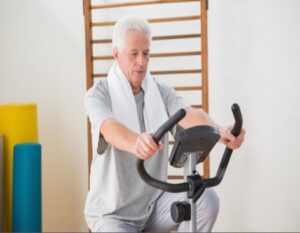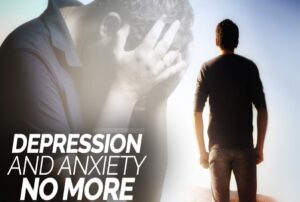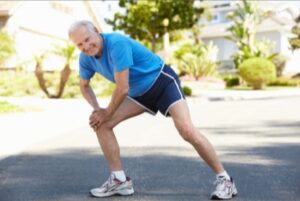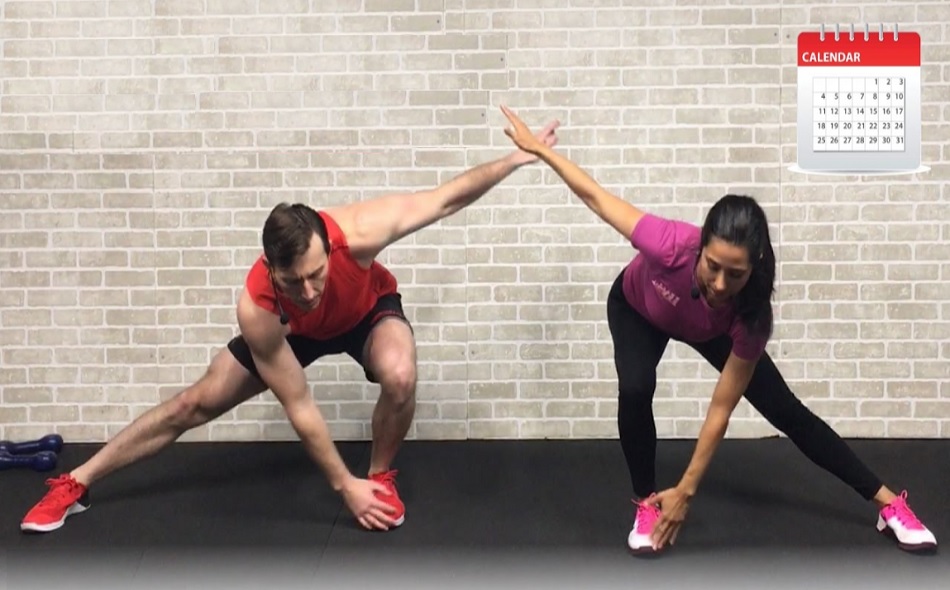There is good news for men who want to live longer and healthier
Regular exercises offer countless benefits. It boosts your immune system, improves your bone health, and lowers health risks like heart problems, diabetes, and many more life-threatening diseases.
It only takes a few basic lifestyle changes to lower the chances of getting many age-related diseases and increase your chances of staying active and independent. One of the most powerful of these is getting, and staying, physically active.
Higher testosterone levels Research suggests that exercise may help counter the drop in testosterone that occurs as men age. In one study, even a modest boost in physical activity increased testosterone levels. This was true as well for men who hadn’t been exercising before.
If you have a medical condition, are overweight, are over 40 years of age, or haven’t exercised regularly for a long time, see your doctor for a check-up, advice, and support before increasing your physical activity levels.
Want To Know The Benefits Of Exercising Regularly?
Just about any physician will tell you to exercise will improve your life and your health. Regular movement is vital for maintaining positive mental health, which is especially important in men.
Men take their own lives at four times the rate of women, making up an average of six out of every eight suicides every single day.
Here are just a few benefits men can gain through exercise
-Lower Risk Of Diabetes
 Exercise benefits people with diabetes and those at risk for diabetes by helping manage weight, by improving blood sugar levels, and by improving heart health. For a person with diabetes, exercise is just as important as diet and medication.
Exercise benefits people with diabetes and those at risk for diabetes by helping manage weight, by improving blood sugar levels, and by improving heart health. For a person with diabetes, exercise is just as important as diet and medication.
Since diabetes and obesity go hand-in-hand, it seemed logical to de Groot that exercise could effectively treat both conditions.
When she reviewed the literature, she was surprised to find the topic hadn’t been researched. First, exercise increases insulin sensitivity.
This means that your cells are better able to use available insulin to absorb sugar from the bloodstream to be used as energy for your body.
Workouts can do all kinds of things for you, like lower your blood sugar and blood pressure, boost your energy, and help you sleep better. If physical, high-impact exercises aren’t for you, there are plenty of other options.
-Lower Cholesterol
When you were first diagnosed with high cholesterol, your doctor may have talked to you about exercise. Besides improving your diet, exercising is one of the most effective lifestyle changes you can make to help bring your numbers down naturally.
The intensity of your exercise and the duration “exert independent effects in modifying cardiovascular and heart disease risk factors,” Frese says. In general, exercise duration exerts the greatest effect on improving HDL.

High cholesterol increases your risk of heart disease and heart attacks. Medications can help improve your cholesterol. But if you’d rather first make lifestyle changes to improve your cholesterol, try these five healthy changes.
To improve cholesterol levels, as well as lower your blood pressure and overall risk for heart attack and stroke, the American Heart Association (AHA) recommends getting at least 150 minutes (2.5 hours) of moderate exercise or 75 minutes (1.25 hours) of vigorous exercise per week.
-Reduced Depression And Anxiety
Exercise is a natural and effective anti-anxiety treatment. It relieves tension and stress, boosts physical and mental energy, and enhances well-being through the release of endorphins.
Anything that gets you moving can help, but you’ll get a bigger benefit if you pay attention instead of zoning out

On a very basic level, physical fitness can boost self-esteem and improve positive self-image. Trusted Source Regardless of weight, size, gender, or age, exercise can quickly elevate a person’s perception of their attractiveness.
Exercise is also conRunnerssidered vital for maintaining mental fitness, and it can reduce stress. Studies show that it is very effective at reducing fatigue, improving alertness and concentration, and enhancing overall cognitive function.
-Weight Loss
 To lose weight, you need to burn more calories than you consume. Exercise can help you achieve this by burning off some extra calories. However, some people claim that exercise isn’t effective for weight loss on its own.
To lose weight, you need to burn more calories than you consume. Exercise can help you achieve this by burning off some extra calories. However, some people claim that exercise isn’t effective for weight loss on its own.
Especially when combined with a smart diet, being physically active is an essential component for losing weight and even more important for keeping it off, Stewart says—which in turn helps optimize heart health.
The most prominent benefit of exercising is that it helps with weight management.
Exercising increases our caloric expenditure, which helps us lose weight or maintain our ideal weight.
To achieve significant weight loss, the American College of Sports Medicine recommends over 250 minutes of exercise per week or just over 35 minutes per day
-Improved Testosterone Levels
As we get older, our testosterone naturally decreases,” explains Dr. Jadick. “As we gain weight, we lose even more testosterone. When your testosterone is low, you’ll eat more, gain weight, and have even lower energy, which can have numerous health consequences.
If you’re a man with low testosterone, exercise may help
Doctors and fitness professionals still have a lot to learn about exercise and its effects on testosterone. Several factors besides your workout are involved.

But one thing is clear: You need to make exercise a habit in order to get the benefits.
Despite the stereotype as a male hormone, testosterone affects females as well as males. Low testosterone levels in men increase the risk of health issues and disease. If you have low testosterone levels, then exercise is the answer.
-Reduced Risk Of Erectile Dysfunction
Fortunately, being in good shape boosts your stamina, meaning you shouldn’t be a sweaty, panting mess three minutes into missionary. But you also know that like any well-rounded workout, it’s not all about cardio either.
Exercise keeps the blood flowing and prevents impotence in the same way it prevents heart attacks

Numerous investigators have attempted to quantify the effects of physical activity on semen parameters, such as lifestyle factors, such as diet or smoking. It is important to mention that many of the studies rely on self-reported physical activity.
Exercise is the lifestyle factor most strongly associated with erectile function and widely recognized as the most important promoter of vascular health, as physical activity improves blood circulation in the body, including the penis.
Exercise improves blood flow through your blood vessels and keeps things clear. The penile blood vessels give early warning signs of heart artery disease when ED. shows up due to a slow-down of the blood flow.
-Reduce Risk of Heart Diseases
Exercise strengthens your heart and improves your circulation. The increased blood flow raises the oxygen levels in your body. This helps lower your risk of heart diseases such as high cholesterol, coronary artery disease, and heart attack.
The benefits of aerobic exercise to cardiovascular health are well documented, and a sedentary lifestyle is a known risk factor for heart attack and stroke.
A recent study put this into perspective by demonstrating that owning both a car and television increases the risk of heart attack by 27 percent.
Runners, rejoice: Cardio is good for getting it on. According to Dr. Penhollow, aerobic exercise such as vigorous walking, jogging, swimming, or biking improves your circulation.
-More energy and better sleep
A common reason for not exercising is a lack of energy. This can be a tough hurdle to cross but once you get those first few workouts under your belt, it’s much easier to continue.
Physical activity builds physical capacity, meaning that the more you exercise, the easier those same activities will be in the future.
When you’re taking care of yourself, and exercising regularly, you likely notice that you’re not only feeling better during the day but sleeping better at night, too. Exercise can provide excellent benefits for your sleep.
Exercise can do a world of good to boost your energy, so even on days when you don’t feel up to it, try to do some kind of physical activity, such as walking, strength training, or cardio to kick your feel-good endorphins into high gear.
Final Thoughts
Research suggests that you can break up your 30 minutes of exercise into two 15-minute blocks, or even three 10-minute blocks, as long as the total energy used is about the same. Incorporate physical activity into family time
The biggest benefits come to those who start from scratch,” says Dr. Cavill.
It’s moving from a sedentary lifestyle to a moderately active one that makes the biggest difference to your health. The more you do, the greater the health benefits.
If you are not already active, begin slowly. Start with exercises that you are already comfortable doing. Starting slowly makes it less likely that you will injure yourself. Starting slowly also helps prevent soreness.

